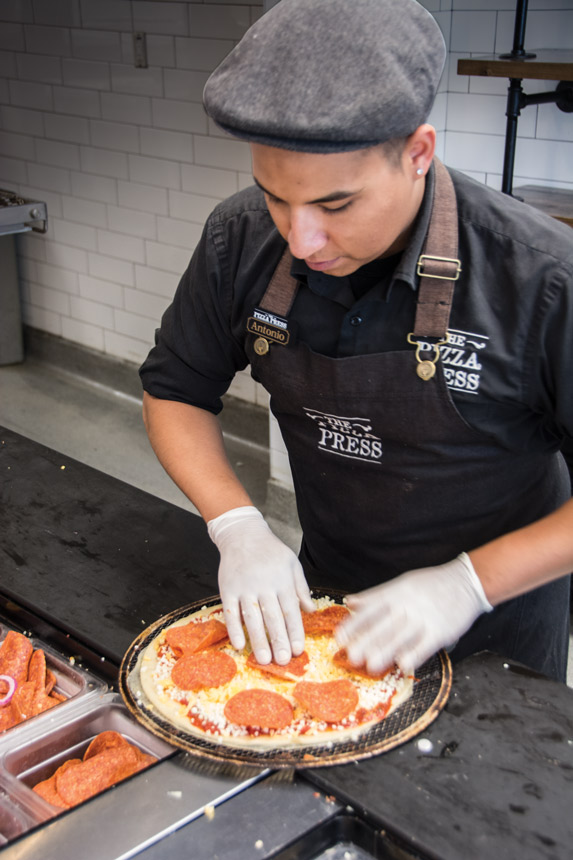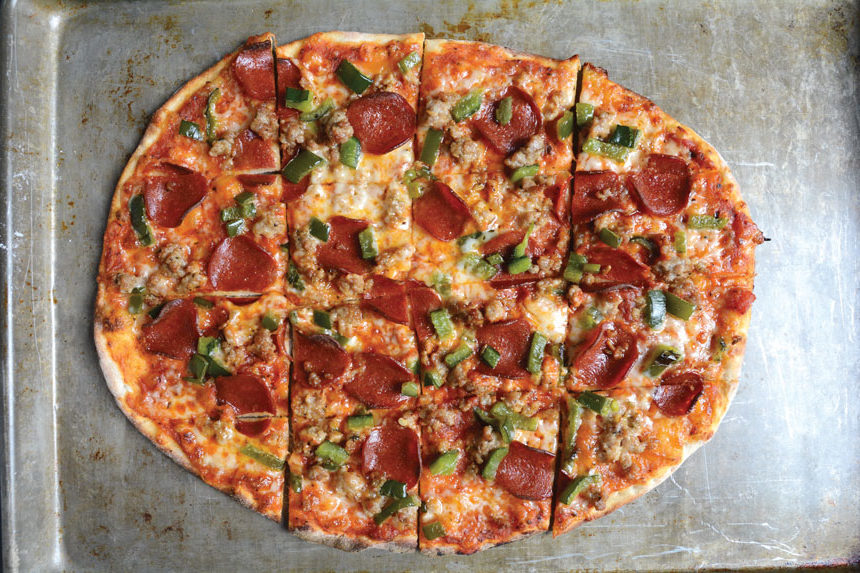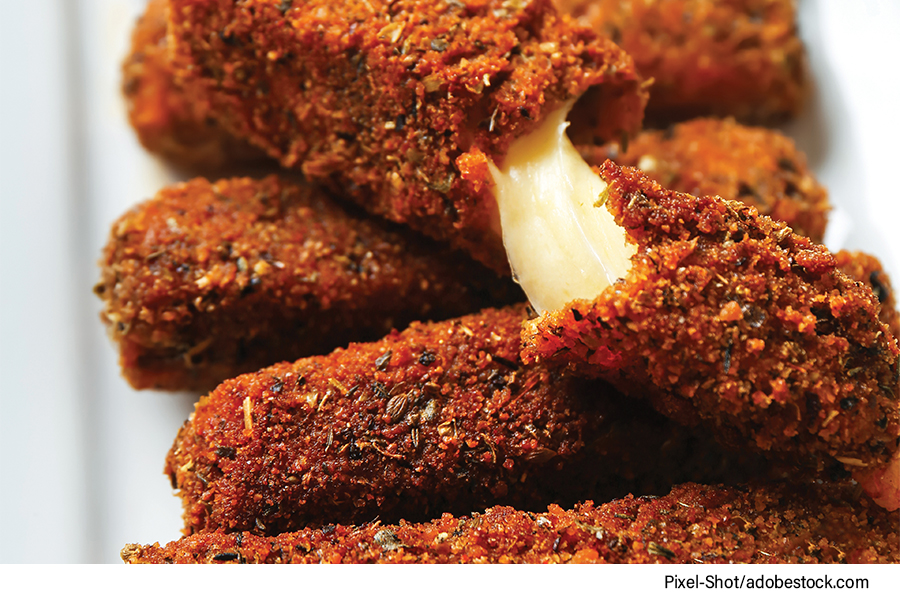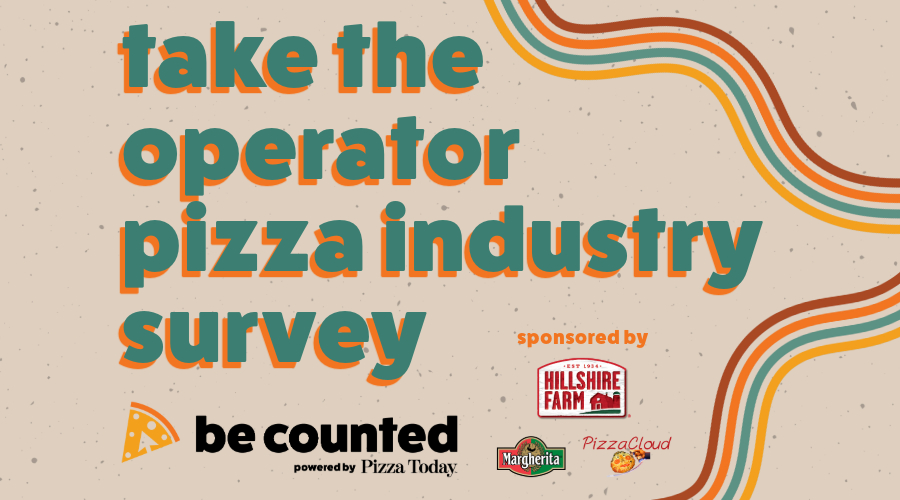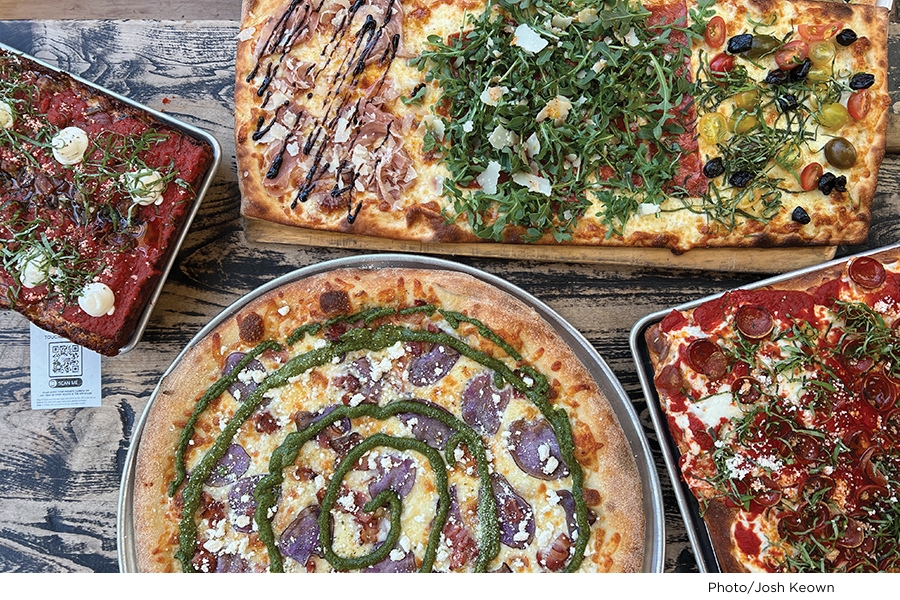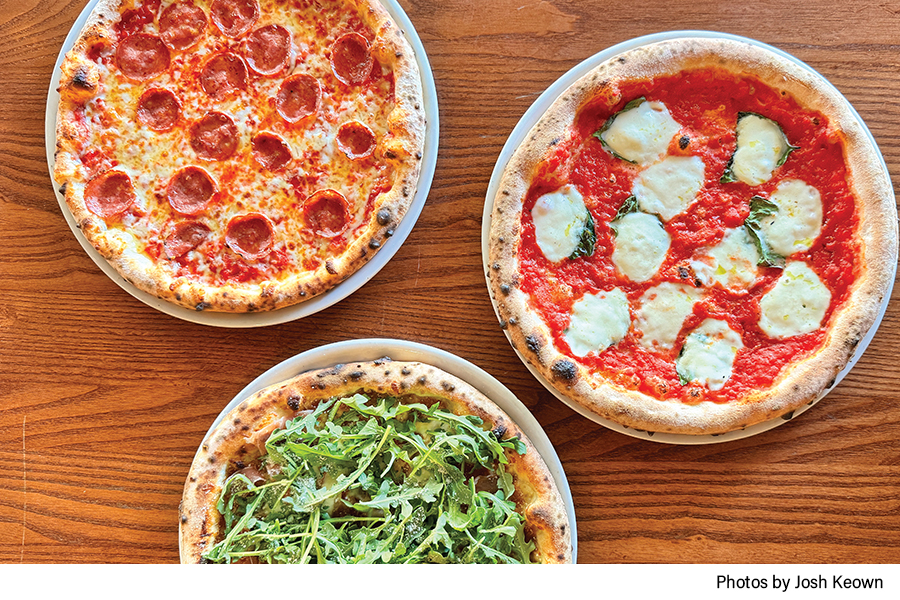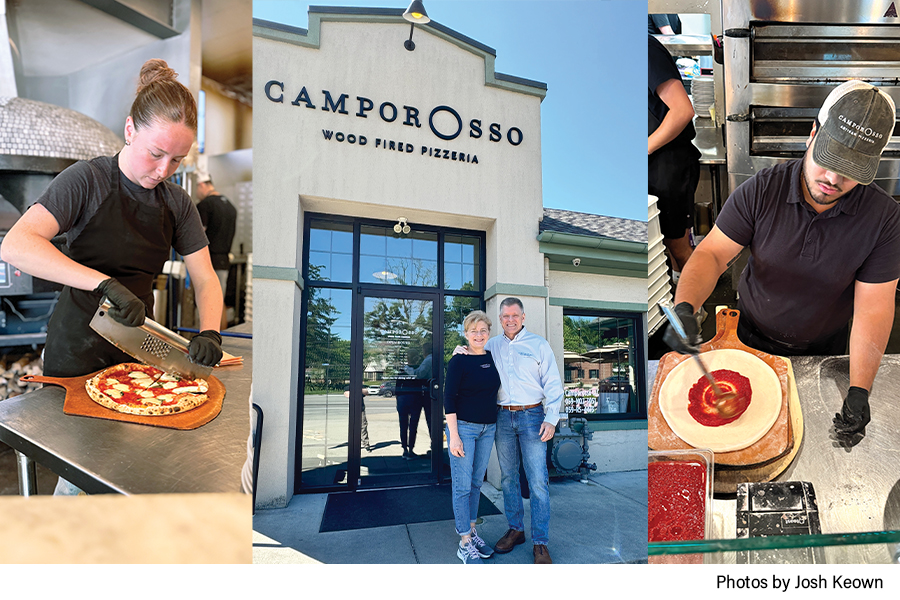How to use your company ‘bible’ to build a stronger company culture
 You can spot the companies that have a well-defined company culture the minute you walk in the door. There is something about the way the restaurant’s staff interacts with customers and each other. Being able to spot culture and being able to define your pizzeria’s culture and cultivate it in your operation are two very different things.
You can spot the companies that have a well-defined company culture the minute you walk in the door. There is something about the way the restaurant’s staff interacts with customers and each other. Being able to spot culture and being able to define your pizzeria’s culture and cultivate it in your operation are two very different things.
Before you can train your staff to exemplify your company culture, you must be able to make your culture tangible. That begins with your employee handbook.
David Scott Peters, restaurant coach and founder of TheRestaurantExpert.com, pinpoints where to begin. “I can tell you exactly the one thing that’s critical to make that happen and that is that we as owners document our core values,” he says. “Core values are who you are as a person. They almost never change.
“If you really want to inject culture into your employee handbook, the key is listing and defining your core values so that your employees can make decisions based off of your core values and not their own.”
Restaurants owned by multiple owners face an even larger challenge when addressing core values. “We have to go through the process of finding your shared core values,” Peters says. “One of the challenges we have in the business is inconsistency in management enforcing rules. When two owners have two very different sets of core values, they come into the business with a different set of priorities. I walk people through a list of core value words and we find out what’s similar.”
You don’t have to write pages and pages of core values. Peters suggests: “I’d like anywhere from one word to seven words, but there is no wrong way. My personal opinion is (that) I like five words that are defined.”
Take Christal and Eric Spata, for instance. When they took over half-a-century-old Valeo’s Pizza in Kenosha, Wisconsin, they identified three areas as foundation of their business moving forward:
- Authentic unity. “We mean we want to know you as an individual and we don’t believe that you should leave your home life at home and your work life at work,” Christal says. “We believe in bringing the whole self to work. We tell people in the beginning it’s messy at times. Families fight, and then you make up but you have that underlining foundation of respect and trust. With that core value, we wanted people to be safe and know that we are not going to judge them for the one off or reprimand them for a one off. We’ll come along beside them and say ‘you are going through something, what is it? How can we help?’”
- Passionate service. “Because unfortunately people think either you have passion or you don’t,” Christal says. “We believe it’s learned, that there is a way to develop passion in everyone within every avenue. Then we frame everything.”
- Fanatical excellence. “It means that if we give our guest their food and we forget to give them 75-cent ranch sauce, we view that as stealing,” Christal says. “People work really, really hard for their money and we need to constantly provide more in value than we receive in payment. That’s where we pull portioning in. If you choose not to portion, you are choosing to steal from the team or the guest and we don’t steal. That’s not who we are.”
With its rapid growth of 18 stores and 12 opening soon, Southern California-based The Pizza Press is currently redefining its mission statement and values.
“We realized that we had relied on word of mouth and personal training to infuse that culture into each of the new locations and realized that that wasn’t enough because we really did want to be what we call ‘newsworthy,’” says Jennifer Moore, director of marketing at The Pizza Press. “We had to take a step back and really refine our mission statement so it creates newsworthy experiences to make people want to come back. (We) articulated our brand pillars which are: newsworthy service going above and beyond the standard customer service model; newsworthy product…finding great purveyors and offering a high-quality, consistent product; a newsworthy environment creating subtly themed experiential spaces; and ultimately — and this is the critical piece — is newsworthy people — from the franchisees, who we bring on as strategic partners, to our line-level employees. Without the newsworthy people, none of the other pillars can support the brand and make it distinguishable.”
The Pizza Press’ core values begin with its founder and CEO, Dara Maleki. The first page is a letter by Maleki emphasizing the pizza company’s core values.
Peters says core values are only the starting point. A few specific areas where an operator can instill its culture includes time and attendance, policies and procedures on sexual harassment and discipline. “The more clear we are in our policies and procedures, the easier it is then to manage your business,” Peters adds. “And this goes back to a phrase that people like to fight me on when they are independent restaurants and that is that employees hate rules. They love rules. What they hate is the inconsistency in management enforcing those rules. So that employee handbook is that first step of professionalism. It’s that first step of culture. It’s that first step on ‘here’s how we are going to manage this business’.”
Another area of the handbook that is relevant to creating culture is your history. “That might be the only other piece that can truly help instill culture in your handbook — knowing where you came from, where you are today and ultimately ‘Hey, everybody, we’re going in this direction,” Peters says.
Where your core values come into fruition is in your training program. “If we were to take a step out of the employee handbook and into the training systems, that’s where it really starts to define what hospitality means to you or two-minute check times or how you ask questions or how you want the guest handled if there’s a mistake,” Peters says. “So when we talk ‘employee handbook’ do know that that is only one piece of the whole training system and that’s where your core
values really start to show up is in your training.”
Denise Greer is associate editor at Pizza Today.
